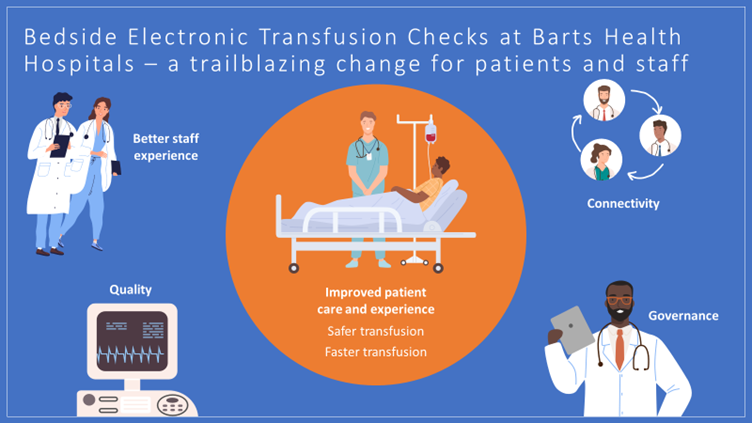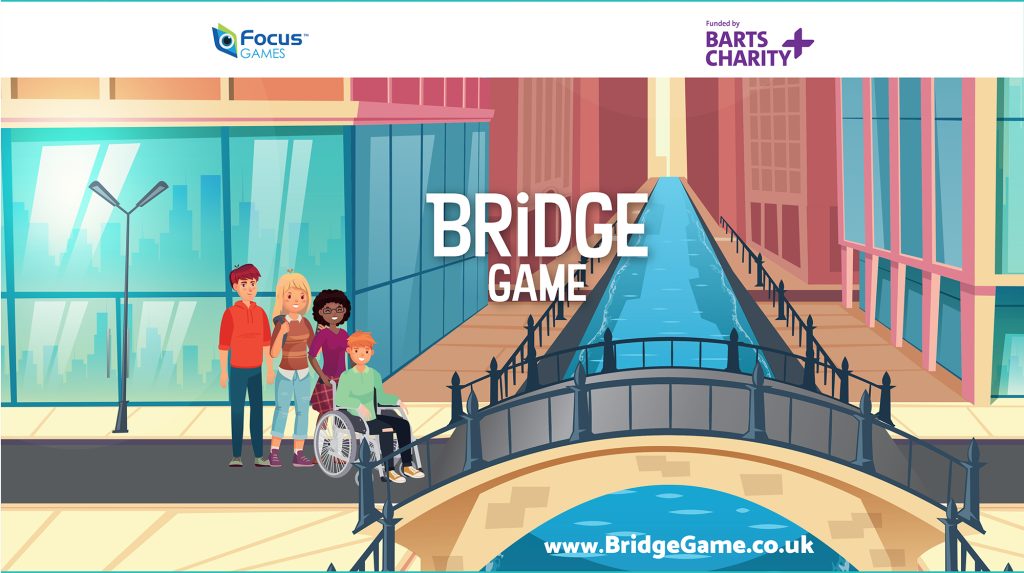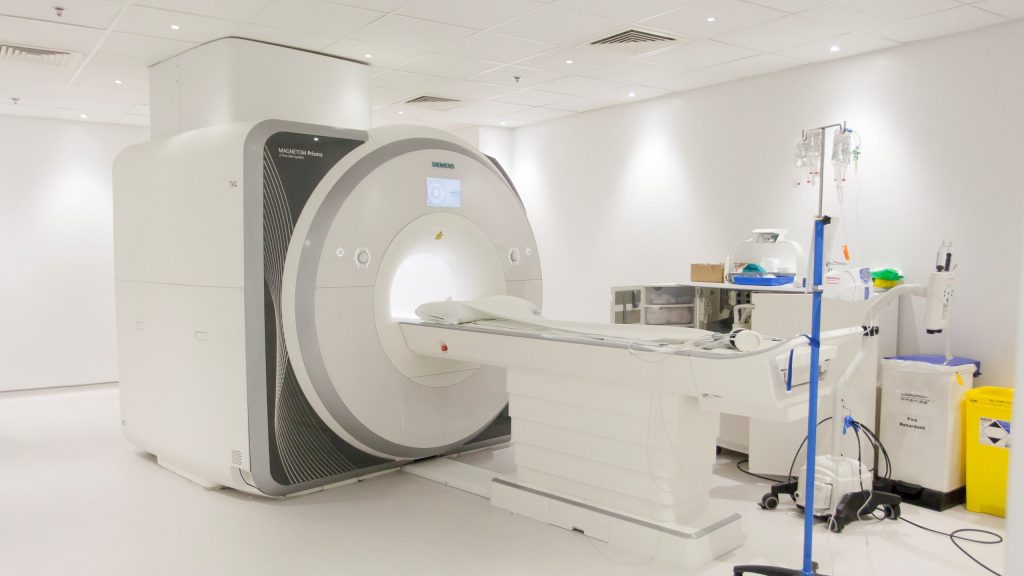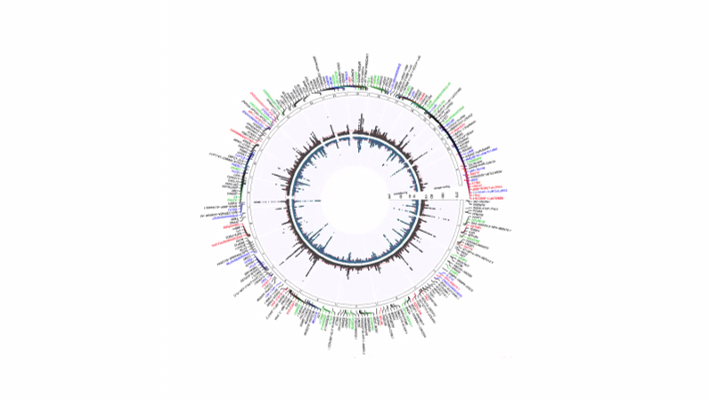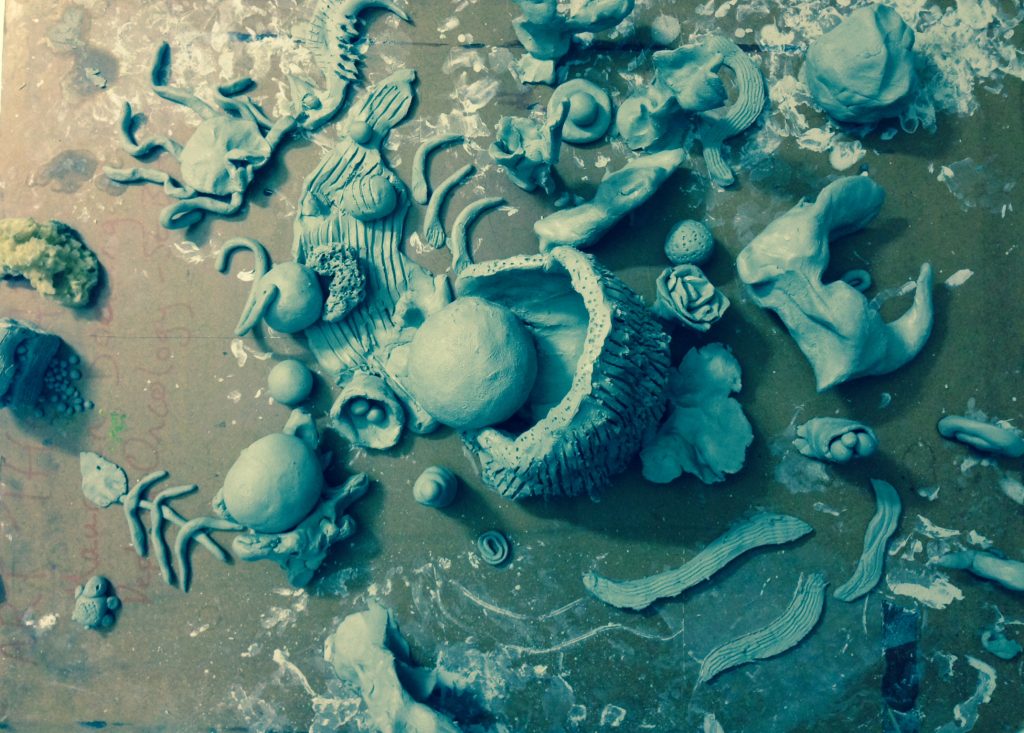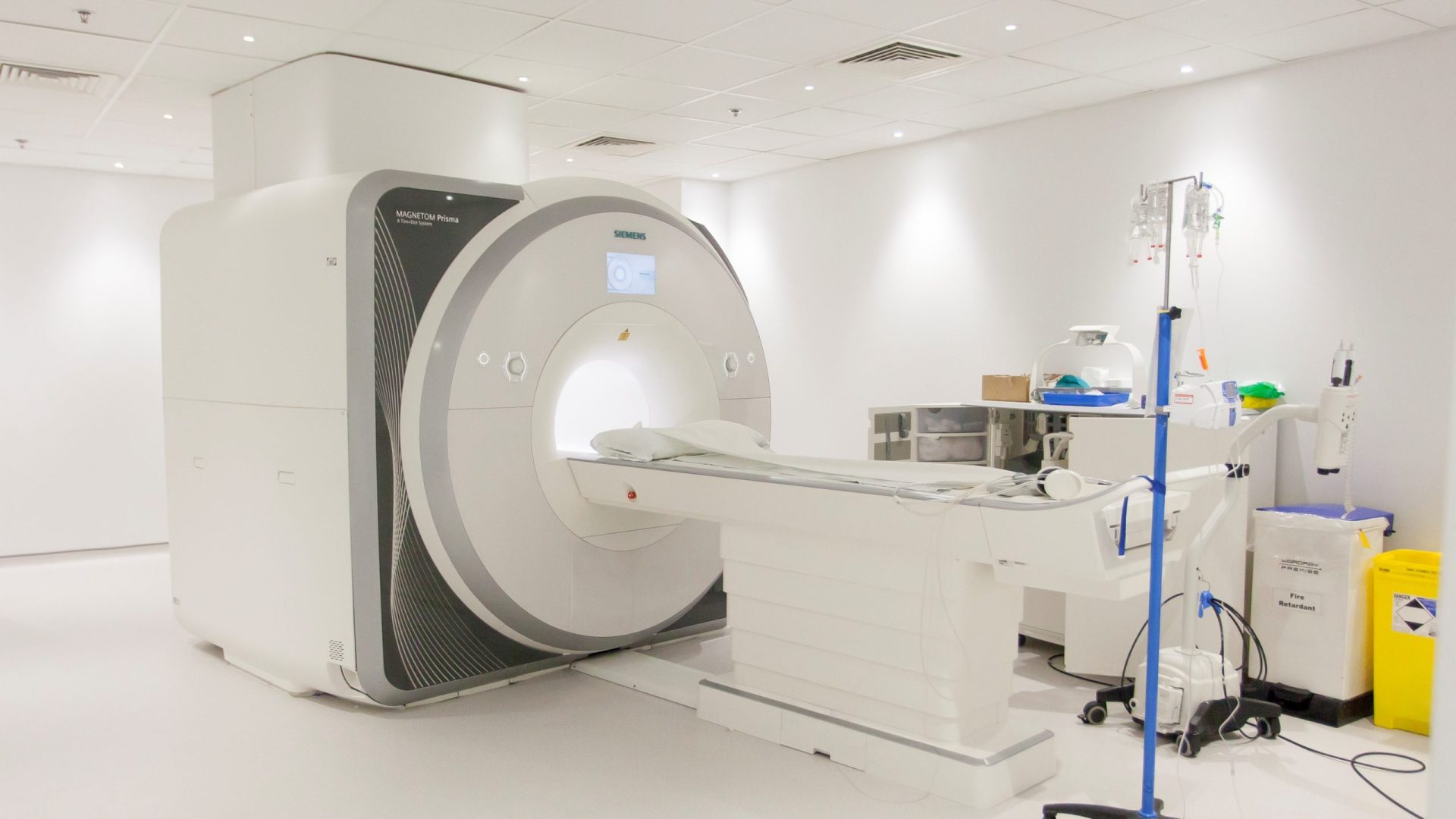Almost half a million people in the UK require an implanted device like a pacemaker to support their hearts. Previously, it was not possible for patients with cardiac devices to have an MRI scan. This was due to interaction of the strong magnets with the electronic device. Now, with thorough planning and collaboration, these patients are able to have MRI scans.
This funding will allow the project team to develop a ‘pacemaker passport’. The passport will integrate with an online cardiac device MRI referral platform previously built by the team. This will empower clinicians across the trust to offer cardiac device MRIs to all patients who need them.
Dr Anish Bhuva from Health Data Research UK says: “Implanted pacemakers and defibrillators are so effective that people survive their heart disease but then face other problems from having fragmented information about their device. This leads to difficult access to MRI for cancer and stroke, unnecessary chest x-rays, and delays to surgery or emergency care. Thanks to Barts Charity, we will now develop an electronic “pacemaker passport” containing personalised information that patients themselves own and can share with health professionals, such as at the time of MRI. This will help both doctors and patients benefit from the instantaneous and seamless flow of data, securely.”
